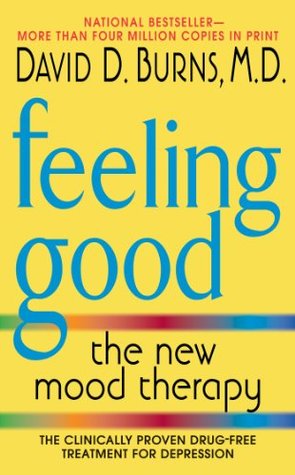More on this book
Community
Kindle Notes & Highlights
let me briefly explain what cognitive therapy is. A cognition is a thought or perception. In other words, your cognitions are the way you are thinking about things at any moment, including this very moment. These thoughts scroll across your mind automatically and often have a huge impact on how you feel.
your thoughts create your feelings.
your feelings result from the messages you give yourself. In fact, your thoughts often have much more to do with how you feel than what is actually happening in your life.
Greek philosopher, Epictctus, stated that people are disturbed “not by things, but by the views we take of them.”
And even Shakespeare expressed a similar idea when he said: “for there is nothing either good or bad, but thinking makes it so”
One important discovery is that self-help seems to be a key to recovery whether or not you receive treatment.
“When the professor calls on me, I’ll probably goof up.” Although Eric’s fear of “goofing up” was foremost on his mind, my dialogue with him revealed that a sense of personal inadequacy was the real cause of the problem:
If you are now depressed or have ever been depressed, you may find it much harder to recognize the illogical thinking patterns which cause you to look down on yourself. In fact, you are probably convinced that you really are inferior or worthless. And any suggestion to the contrary is likely to sound foolish and dishonest.
In practical terms the study indicated that during periods of depression you lose some of your capacity for clear thinking; you have trouble putting things into proper perspective. Negative events grow in importance until they dominate your entire reality—and you can’t really tell that what is happening is distorted. It all seems very real to you. The illusion of hell you create is very convincing.
I suggested that she start by preparing a list of the advantages and disadvantages of believing that “without a man (or woman) I am nothing.”


